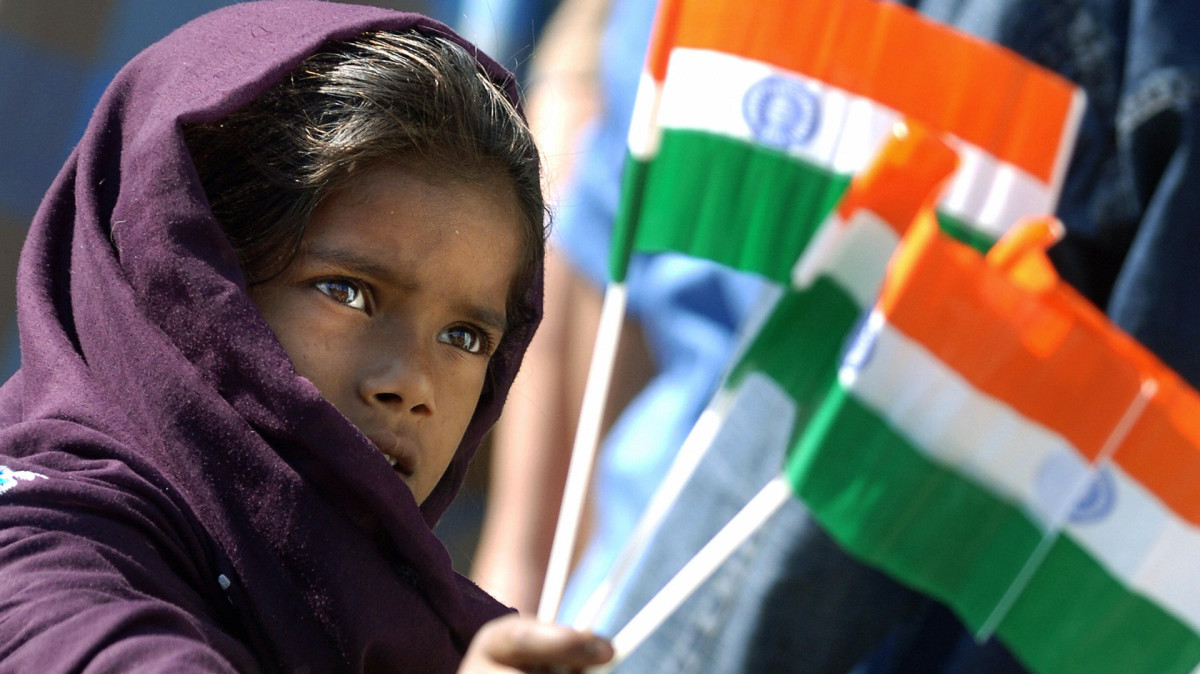By Ilias Siakaras,
“Nations are characterized by a shared legacy, which generally includes a common language, a common faith, and a common ethnic lineage”, says the basic principle of ethnicism. It also includes ideas of a culture shared between members of the group and with their ancestors, and usually a shared language; however, it is different from purely cultural definitions of “the nation” and a purely linguistic definition. For the sake of history, Herodotus is the first person who started the main characteristics of ethnicity, with his famous account of what defines Greek identity, where he lists kinship, language, cults, customs, and, of course, the same is applicable to India’s instance, which is being anatomized in the present article.
According to some researchers, Gandhi favored a religiously varied India, whereas Muslim leaders who pushed for separation and the formation of a separate Muslim Pakistan saw Gandhi as a Hindu nationalist or revivalist. For my purposes, the notion of ethnicism and the very foreignness of the word to the Indian context is used in order to distance itself from such terms as fundamentalism and communalism, which are being used in the past, but a place from which to speak. As such, the concept places Hindu nationalism and communalist in the more global context of “modernity”, so it would seem that we are dealing with a conception of ethnicism as the inexplicable cultural “other”* of modernity, an opposition with all that is liberal and secular.
Every single one of the aforementioned viewpoints could be described as food for thought, but have you ever asked yourself how easy it is to allow ethnicism to slip into shades of extremism, and for whom? In an effort to understand this multifaceted bond, and not to begin with the Indian view of “communalism”, as it is defined in Indian academic discourse to be “failure charged on India” and around cultural symbols, we should take into account that thought in this manner hold with Christians’ fundamentalism some years ago. In addition to the above, an equally specific German history of seventy years ago was described by the German nation, similar to India’s people case.

On the other hand, to name fascism to audiences outside of India is to allow the complex range of issues involved to slip into re-packages understandings, and to evoke it is out of blue reactions. The truth is that on the authority of educated Indians themselves, India is at best a rogue nation with few scruples when it comes to dealing with minority groups and with little concern for its millions of poor. It is also to confirm, albeit indirectly that old British myth that this nation needs the twin legacies of colonialism and rationalism first if it is to stay together, a coherent political whole, and second to fully become a “just society”.
Furthermore, the idea that religion is intimate and a private matter is undoubtedly correct. However, such ideas are not coherent to this degree in India’s social environment. To elaborate, this happens due to the fact that in the subcontinent, religion is in architecture, in art, in clothes, even in a merchant’s shop, with some sort of frame of fancy moving lights. Hence, the symbols of Hindu have been constructed with the intention to expand in every aspect of life, so there is no realm to which religion can easily be confined.
*In phenomenology, the cultural “other” is used so as to identify the other human being, in their differences from the Self as being cumulative in a way, while constituting factor as an acknowledgment of being real.
References
- Communalism in India, timesofindia.indiatimes.com, Available here
- Communalism in India is now several shades darker than what it was in the 1970s, theprint.in, Available here
- The Trials and Tribulations of Being a Muslim in Today’s India, thewire.in, Available here
- Communalism and Politics in India, ipcs.org, Available here
- R. S. Sharma, Communalism and India’s Past, in Social Scientist, vol. 18, 1990, pg. 3-12, jstor.org, Available here




